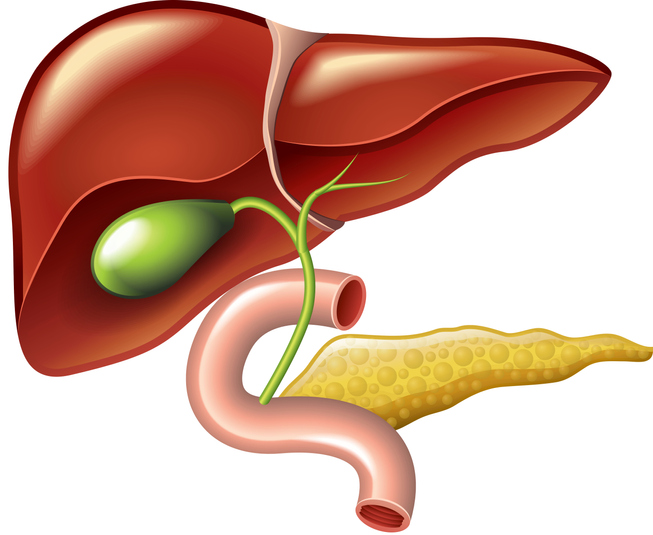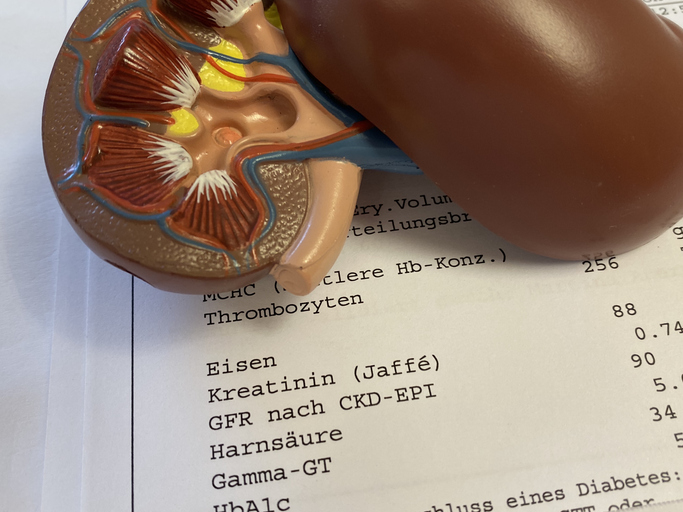“Recent changes to U.S. donor heart allocation were followed by a narrowing of racial disparities in listing and transplant, though much more work remains to eliminate inequality, researchers warned.
Black patients listed for cardiac transplantation in 2011-2020 were less likely than white peers to die while waiting (adjusted HR 0.88, 95% CI 0.78-0.98). However, they ultimately had lower odds of undergoing transplant (adjusted HR 0.87, 95% CI 0.84-0.90) and a higher risk of post-transplant death (adjusted HR 1.14, 95% CI 1.04-1.24), reported P. Elliott Miller, MD, of Yale School of Medicine in New Haven, Connecticut, and colleagues.”
Read more, here.








